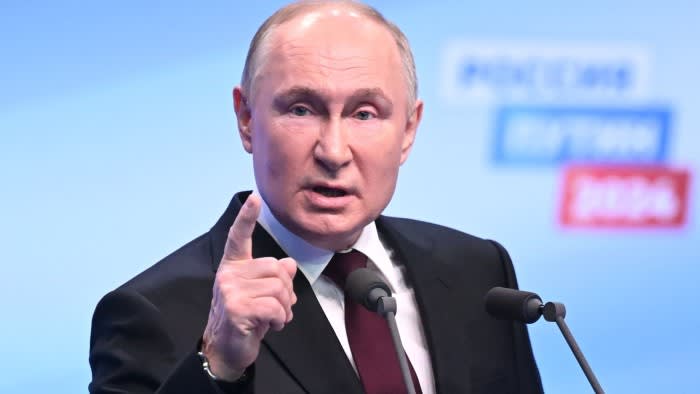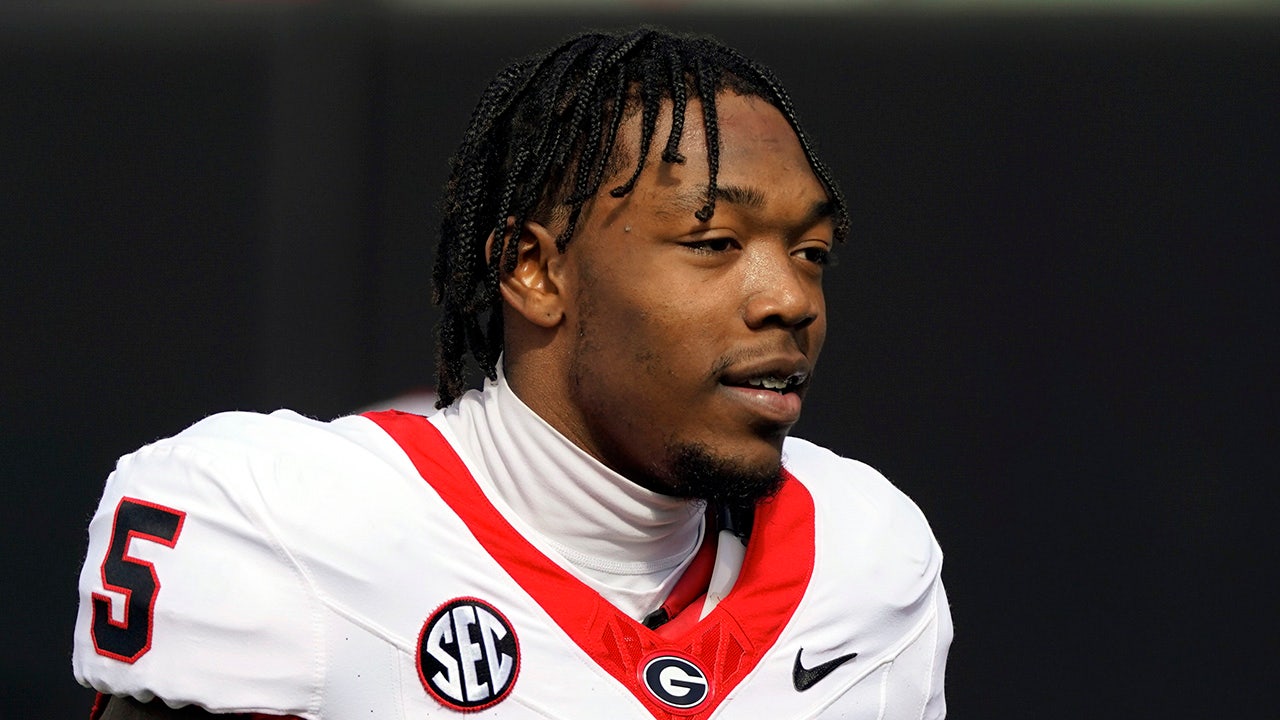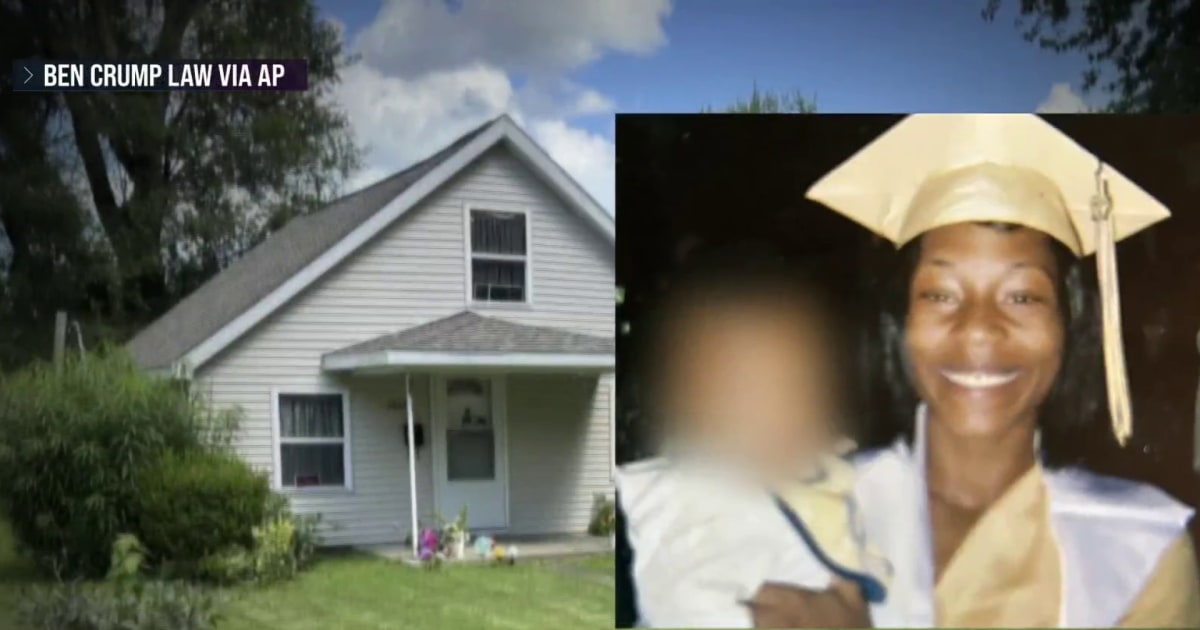Vladimir Putin is cruising to victory in Russia’s presidential election, cementing his rule for another six years amid his invasion of Ukraine and brutal suppression of dissent.
Early results on Sunday showed the Russian president on track to be re-elected with a record 88 per cent of the vote and turnout of more than 70 per cent, according to the Russian electoral commission with 25 per cent of returns counted.
The outcome — which included totals from five Ukrainian regions occupied by Russia — was a foregone conclusion after the Kremlin outlawed all criticism of Putin or the war and blocked any opposition candidates from running.
As the results came in, Putin thanked volunteers and spoke to reporters at his campaign headquarters near the Kremlin. “All the plans we have created to develop Russia will certainly be carried out and their goals achieved,” he said. “We have come up with grandiose plans and will do everything to carry them out.”
Appearing eager to send a message to the west, Putin exuded confidence that Russia would win the war and said the high turnout showed that he enjoyed overwhelming public support to wage it.
The main challenges of his next six-year term, Putin said, were “achieving the goals of the special operation [in Ukraine] and strengthening our defence capacity and armed forces.”
Putin mused about a potential Russian military conflict with Nato, which he said would be “one step away from a third world war” after France’s Emmanuel Macron speculated on sending troops to Ukraine.
“Everything is possible in the modern world [ . . . ] I don’t think anyone’s really interested in that,” he said.
Putin also suggested he was more legitimate than Ukraine’s Volodymyr Zelenskyy, who has postponed elections originally scheduled for later this year under martial law. “We will think about who to hold talks with” on ending the war, he said. “We are for peace negotiations, but not because the enemy is running out of ammunition.”
Ahead of Putin’s comments, Zelenskyy wrote on X: “The Russian dictator is simulating another election. Everyone in the world understands that this figure . . . has simply become addicted to power and is doing everything he can to rule forever . . . There is no legitimacy in this imitation of elections and there cannot be.”
The longest-serving ruler since Joseph Stalin, Putin has solidified his grip on power despite western efforts to impose harsh economic sanctions on Moscow for the invasion of Ukraine. Russia’s army has regained the initiative against outmanned and outgunned Ukrainian forces while the Russian economy has rebounded thanks to a wartime surge in defence spending and economic lifelines from countries such as China.
Putin’s repression of domestic dissent since the invasion has left him with no challengers after Alexei Navalny, his most prominent opponent, died in a remote Arctic prison colony last month. Navalny’s family and supporters have been forced into exile and have blamed Putin for his death, an allegation the Kremlin denies.
Asked about Navalny on Sunday night, Putin — who had studiously avoided saying his name in public for more than a decade — dismissed claims Russia had murdered him.
“As concerns Mr Navalny. Yes, he left this life, it is a tragic event. But there have been other instances where incarcerated people left this earth. Hasn’t that happened in the US? It has, and more than once,” Putin said.
Putin added that he had agreed to an informal proposal to release Navalny in a prisoner exchange not long before he died. “A few days before Navalny left this life I was told that there was an idea to swap him for people in prison in western countries. The person who said that [ . . .] didn’t finish his phrase before I said, I agree.
“But unfortunately, what happened happened. I agreed under one condition: we swap him, and he doesn’t come back. But such is life.”
From exile or prison, opposition leaders had urged supporters to go to the polls en masse at noon on Sunday in Navalny’s memory and vote against Putin. Hundreds of people followed the call, according to footage posted on social media.
“My wife, my friend and I came to the polling station around twelve,” said Danil, a corporate lawyer who lives in a northern Moscow neighbourhood. He said that a “visible line” of people of all ages started forming at noon.
“I expected problems, that the authorities would close the station at noon. But except for the line, there was nothing extraordinary,” Danil said.

Vera, a young woman in Moscow, said she came to vote at midday to show her opposition to Putin, and “that I do not support everything that is happening in the country”.
Abroad, even longer lines formed in cities with large Russian émigré populations including Dubai, Almaty and Berlin, where Navalny’s widow Yulia Navalnaya queued to vote.
One of the longest lines was recorded in the Armenian capital, Yerevan, which is home to one of the largest Russian communities.
Elena, a podcast editor, said she had travelled from neighbouring Georgia, which does not have a Russian embassy, with more than a dozen friends. “I understand my vote won’t change anything, but I think it’s an important event to observe and to see how many of us are there,” she said.
In London, the queue outside the Russian embassy that formed towards noon was nearly 2km long. Alina, 25, a student from the Siberian city of Kogalym, said she had come to the polling station because “we have very few rights in our country. We must exercise the ones we have left”.
Russian police detained more than 65 people on Sunday including for writing “No to war!” on a ballot, wearing a T-shirt with Navalny’s name on it, or trying to slip a photo of him into the ballot box, according to independent rights monitor OVD-Info.
In the first two days of the election, dozens were arrested across Russia for setting voting booths on fire, or throwing Molotov cocktails at polling stations.
Some officials tried to explain away the protests. Authorities in Novosibirsk, Siberia’s largest city, claimed the noon queues had been caused by repair works.
Independent election monitor Golos, whose co-chair Grigory Melkonyants was jailed last year, said authorities had also coerced public sector employees into voting early or pushed them to vote online.
The three lawmakers who were allowed on the ballot alongside Putin support the war and have avoided criticising the president.
Additional reporting by Daria Mosolova in London





























